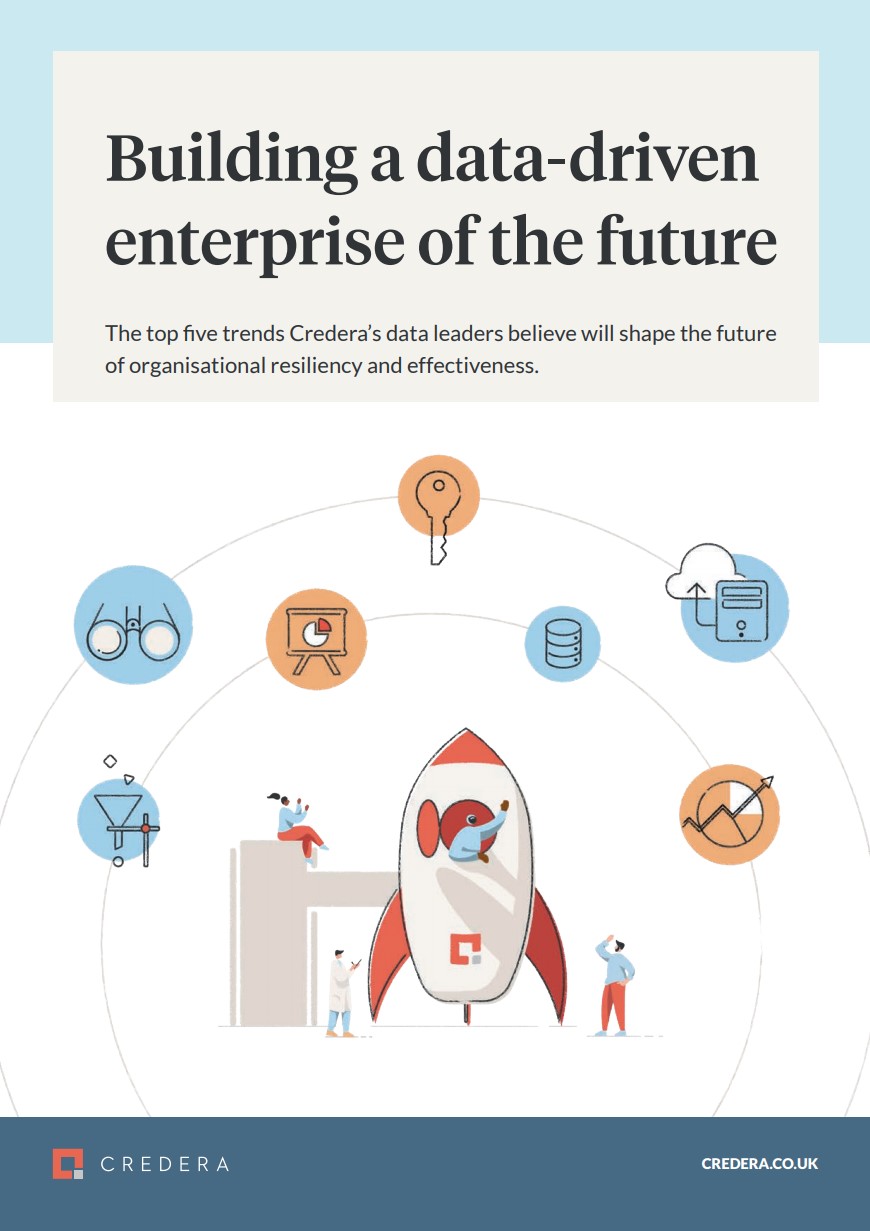Misconfigured cloud services exposed 100 million Android users' data
Mobile apps reveal user data, including emails, chat messages, location, and passwords


Security researchers have discovered 23 Android applications that potentially exposed over 100 million users’ personal data through various misconfigurations of third-party cloud services.
According to Check Point Research, the data exposed from these apps included emails, chat messages, location, passwords, and photos. This left users exposed to fraud, identity theft, and service swipes (using the same username-password combination on other services).
Researchers said, “there was nothing in place to stop the unauthorized access from happening.”
“Modern cloud-based solutions have become the new standard in the mobile application development world,” researchers said. “Services such as cloud-based storage, real-time databases, notification management, analytics, and more are simply a click away from being integrated into applications. Yet, developers often overlook the security aspect of these services, their configuration, and of course, their content.”
The first problem researchers discovered was the misconfiguration of real-time databases developers used to store data in the cloud and synchronize with connected clients.
In 13 Android apps, which saw download numbers range from 10,000 to 10 million, no authentication was in place to prevent hackers from accessing these databases containing email addresses, passwords, private chats, device location, user identifiers, and more.
RELATED RESOURCE

Building a data-driven enterprise of the future
Top five trends that will shape the future of organisational resiliency and effectiveness
In one app, T’Leva, a taxi app with over 50,000 downloads, researchers could access chat messages between drivers and passengers. They could also access users’ full names, phone numbers, and locations (destination and pick-up) – all by sending one request to the database.
Get the ITPro daily newsletter
Sign up today and you will receive a free copy of our Future Focus 2025 report - the leading guidance on AI, cybersecurity and other IT challenges as per 700+ senior executives
A second issue was with push notifications. “Most push notification services require a key (sometimes, more than one) to recognize the identity of the request submitter,” said researchers. “When those keys are just embedded into the application file itself, it is very easy for hackers to take control and gain the ability to send notifications which might contain malicious links or content to all users on behalf of the developer.”
The third problem occurred in cloud storage. In one app, researchers could access cloud storage keys embedded into the app and all stored fax transmissions.
“With just analyzing the app, a malicious actor could gain access to any and all documents sent by the 500,000 users who downloaded this application,” said researchers.
Researchers said they approached Google and each app developer before publishing its research to share their findings. Researchers said only a few of the apps have since changed their configurations.
Rene Millman is a freelance writer and broadcaster who covers cybersecurity, AI, IoT, and the cloud. He also works as a contributing analyst at GigaOm and has previously worked as an analyst for Gartner covering the infrastructure market. He has made numerous television appearances to give his views and expertise on technology trends and companies that affect and shape our lives. You can follow Rene Millman on Twitter.
-
 Bigger salaries, more burnout: Is the CISO role in crisis?
Bigger salaries, more burnout: Is the CISO role in crisis?In-depth CISOs are more stressed than ever before – but why is this and what can be done?
By Kate O'Flaherty Published
-
 Cheap cyber crime kits can be bought on the dark web for less than $25
Cheap cyber crime kits can be bought on the dark web for less than $25News Research from NordVPN shows phishing kits are now widely available on the dark web and via messaging apps like Telegram, and are often selling for less than $25.
By Emma Woollacott Published
-
 UK businesses patchy at complying with data privacy rules
UK businesses patchy at complying with data privacy rulesNews Companies need clear and well-defined data privacy strategies
By Emma Woollacott Published
-
 Data privacy professionals are severely underfunded – and it’s only going to get worse
Data privacy professionals are severely underfunded – and it’s only going to get worseNews European data privacy professionals say they're short of cash, short of skilled staff, and stressed
By Emma Woollacott Published
-
 Four years on, how's UK GDPR holding up?
Four years on, how's UK GDPR holding up?News While some SMBs are struggling, most have stepped up to the mark in terms of data governance policies
By Emma Woollacott Published
-
 Multicloud data protection and recovery
Multicloud data protection and recoverywhitepaper Data is the lifeblood of every modern business, but what happens when your data is gone?
By ITPro Published
-
 Intelligent data security and management
Intelligent data security and managementwhitepaper What will you do when ransomware hits you?
By ITPro Published
-
 How to extend zero trust to your cloud workloads
How to extend zero trust to your cloud workloadsWhitepaper Implement zero trust-based security across your entire ecosystem
By ITPro Published
-
 The threat prevention buyer's guide
The threat prevention buyer's guideWhitepaper Find the best advanced and file-based threat protection solution for you
By ITPro Published
-
 Why The Matrix offers valuable lessons on data sovereignty for channel partners
Why The Matrix offers valuable lessons on data sovereignty for channel partnersIndustry Insight Two decades on, there's much that the Matrix series can teach channel partners about data sovereignty
By David Devine Published